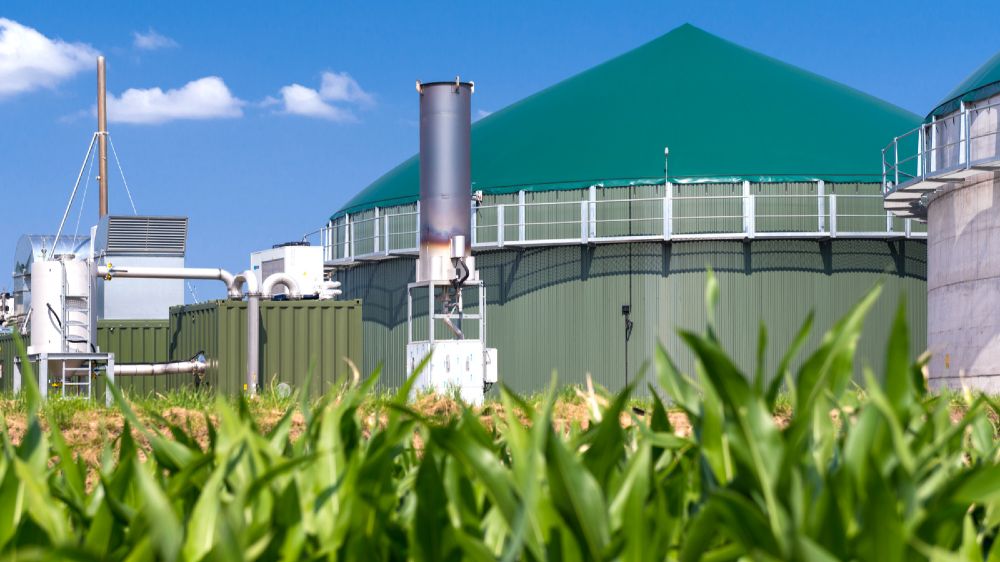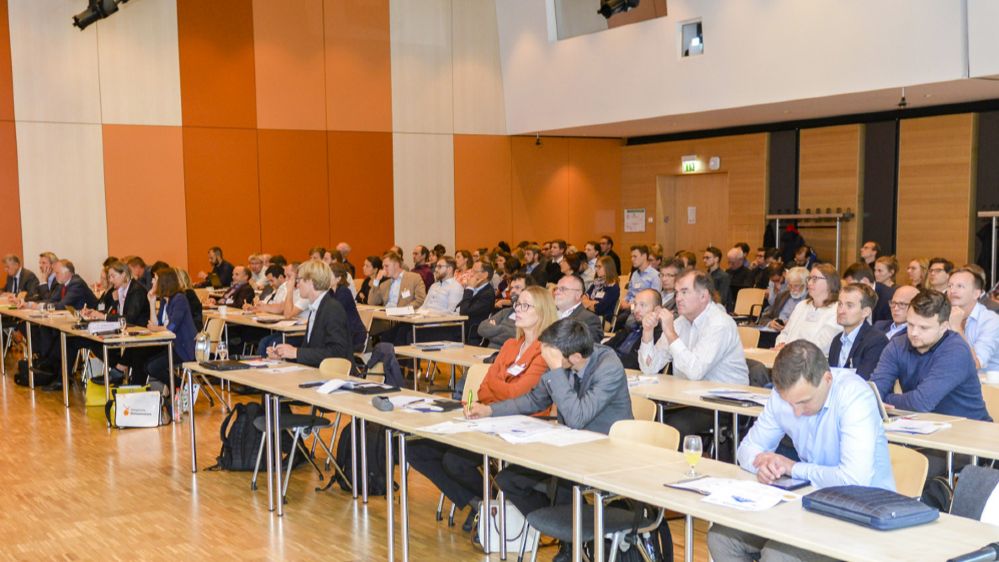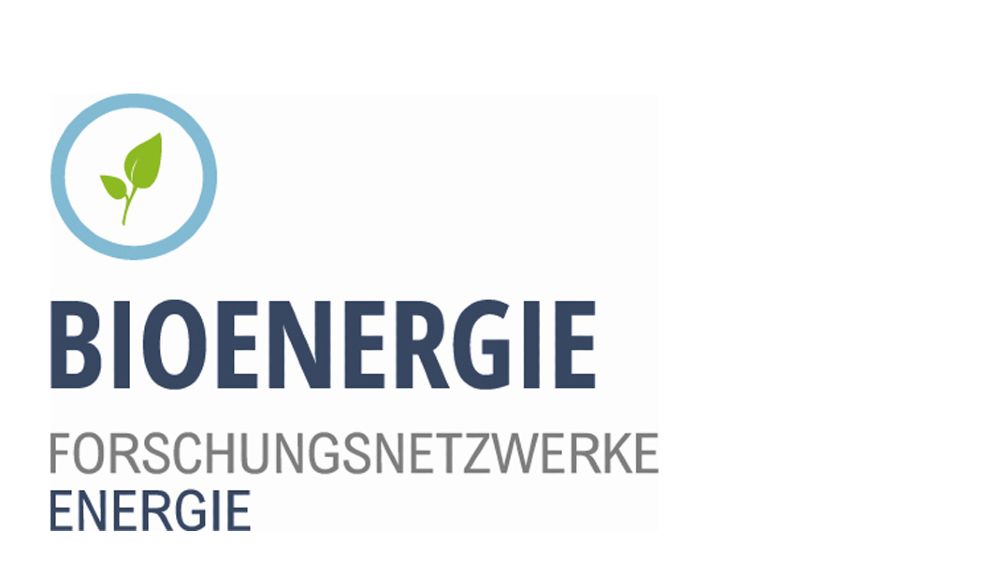
Bioenergy
Transparency and participation are important goals of the German government in its 7th Energy Research Programme. The Energy Research Networks therefore provide an important instrument as part of the research policy of the Federal Ministry for Economic Affairs and Climate Action. They make a significant contribution to networking all the key players in a core area of energy research and to participating in strategy processes.
Since the end of 2016, the "Biomass Energy Use" funding programme has been part of the Federal Economic Ministry’s Energy Research Network under the name Bioenergy Research Network The foundation for this was already laid in 2008 with the start of the "Biomass Energy Use" funding programme, for which a networking platform was set up right from the start. The working groups in the Bioenergy Research Network principally bring together experts from the funding programme, but external experts from politics, practice and science are also invited. The aim is to jointly support scientific and political as well as social consultation processes with scientifically substantiated output from the programme. Challenges are analysed, relevant issues are identified and potential solutions and recommendations for action are developed. The WGs form a platform for the policy and research dialogue. The results of the programme's projects are incorporated in the discussion processes.
Current general research questions relating to applied biomass energy utilisation are on the agenda. These concern the urgent challenges of the energy transition, such as energy and cost efficiency, market barriers as well as system integration and sustainability in the heating, electricity and combined heat and power areas. In addition, issues concerned with standardisation, certification as well as the further development of analysis, calculation and evaluation methods are also included in the funding programme.
Office: Project Management Jülich
As the office for the Energy Research Networks, Project Management Jülich provides the contact point for all interested stakeholders. In addition, Project Management Jülich’s "Energy System: Integration" (ESI) division provides a coordinator as a contact person for technical aspects concerned with the use of biomass energy.



